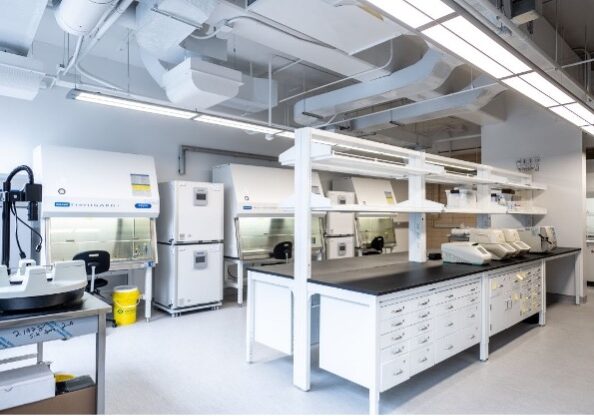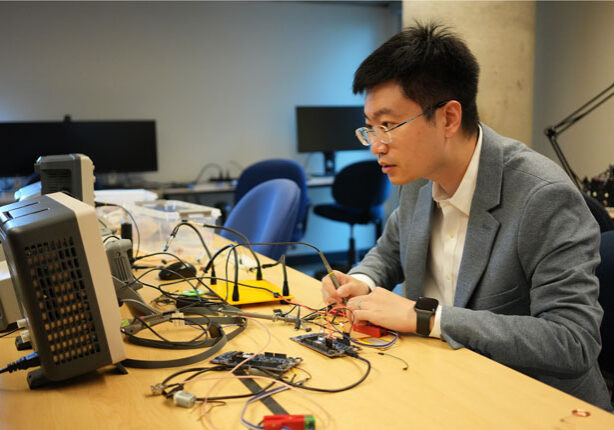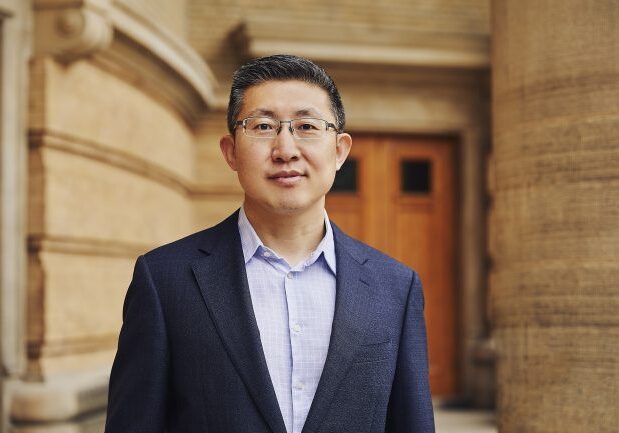
Professor Yu Sun receives U of T President’s Impact Award
The award recognizes Sun’s outstanding contributions to robotics at micro-nano scales
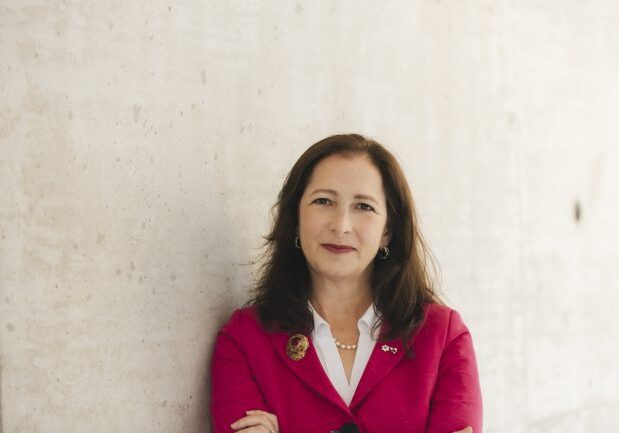
Professor Molly Shoichet elected Fellow of the National Academy of Inventors
Shoichet is recognized for creating outstanding inventions that have made a positive impact on quality of life and society
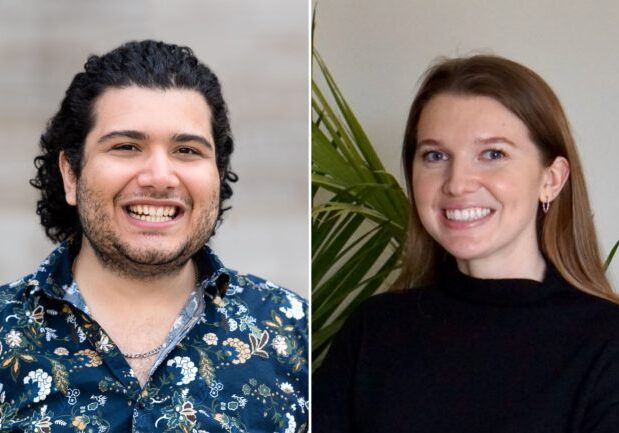
Two BME doctoral students awarded 2022 Vanier Canada Graduate Scholarships
The scholarships provide $150,000 in funding and recognize students for leadership, research impact and academic achievement
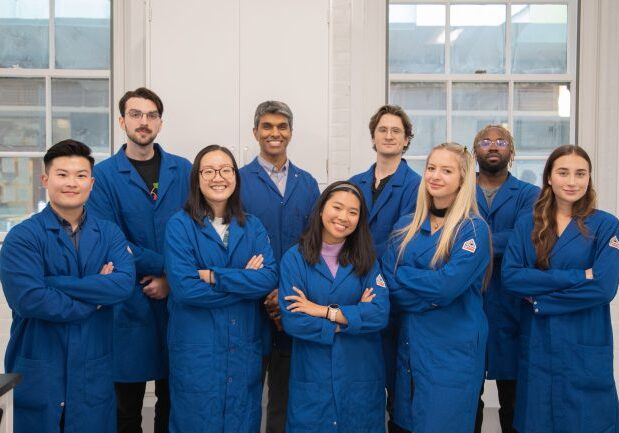
U of T Engineering lab partners with Moderna to develop RNA-based tools to treat and prevent disease
Professor Omar F. Khan’s lab group is designing new platforms that deliver RNA to the body, addressing a range of biomedical challenges
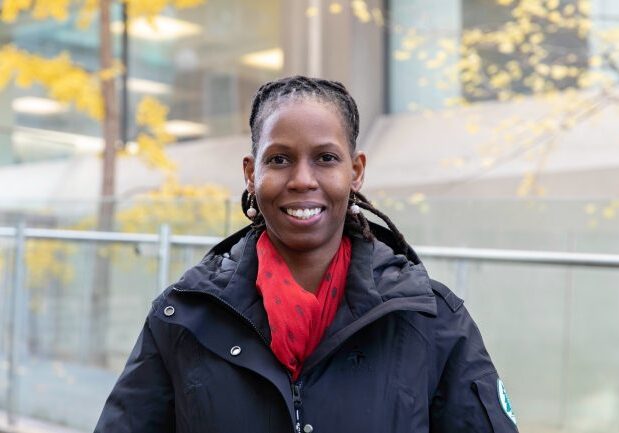
U of T Engineering professor investigates maternal health disparities experienced by racialized patients in U.S. clinical systems
Professor Myrtede Alfred (MIE) research starts with a year-long study examining maternal health disparities in one large health system in South Carolina
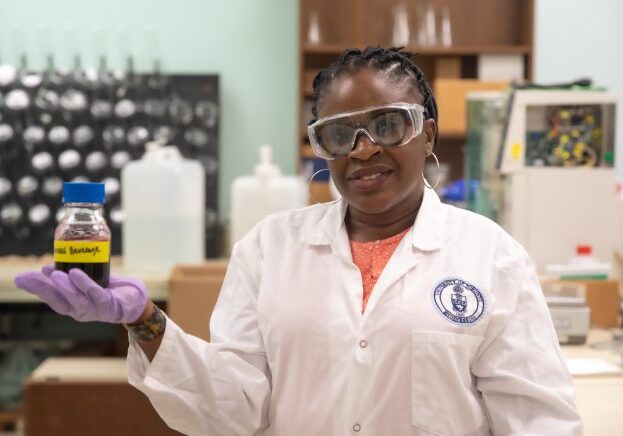
Fortified hibiscus beverage aims to reduce iron deficiency in sub-Saharan African women
Folake Oyewole (ChemE PhD candidate) is developing an approach to improve the iron intake and uptake of vulnerable groups through a popular Nigerian plant-based beverage
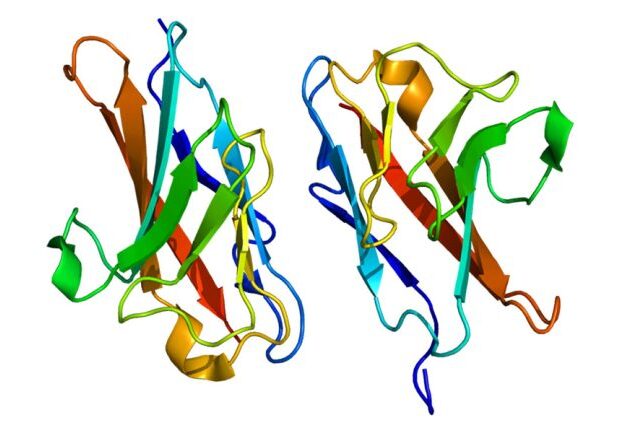
Seeing smaller than light: How an advanced microscopy technique can help in the fight against cancer and other diseases
Professor Chris Yip (ChemE/BME) and his team have developed a method for tagging and imaging cell surface components that are only a few nanometres apart

